The long battle championing for women’s voice in top decision-making bodies is gaining momentum, solidifying a cultural shift in a traditionally patriarchal society.
In recent years, women have made headlines for wielding influence across more corridors of power including international organisations, political arenas and public offices.
Ngozi Okonjo-Iweala – Director-General WTO
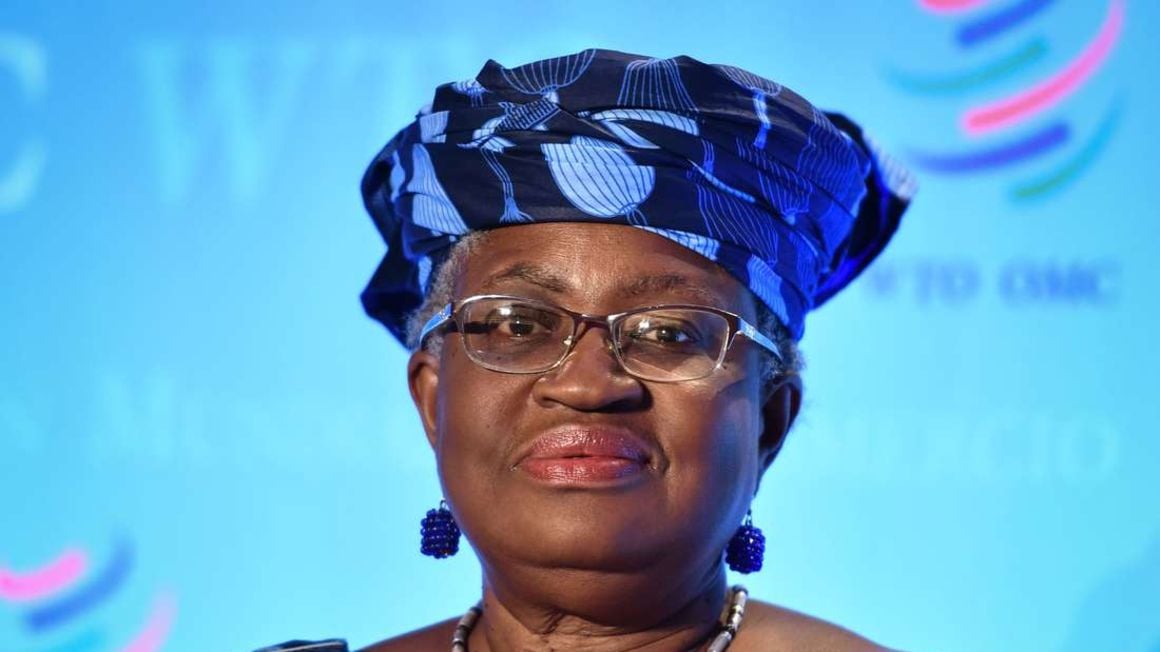
This week, Ngozi Okonjo–Iweala, a Nigerian economist was appointed to head the World Trade Organisation (WTO), a position that has never before been occupied by an African person nor by a woman.
As a two-time finance minister in Nigeria, Dr Okonjo-Iweala gained a reputation as a tough negotiator during talks to reduce the country’s debts. That reputation was consolidated when securing more money for grants and soft loans to poor countries while No 2 at the World Bank.
She said she is focused on delivering results after becoming the first woman and first African to be appointed director-general of the World Trade Organisation. “I want to make sure that people remember my continent producing the first leader of the WTO that made a difference,” Dr Okonjo-Iweala said.
Sanda Ojiambo – Executive Director of the United Nations Global Compact

Sanda Ojiambo, a Kenyan, assumed the role of Executive Director for the United Nations Global Compact in June 2020.
Founded by Kofi Annan in the year 2000, the UN Global Compact’s role is to mobilise a global movement of sustainable companies in the private sector. So far, 10,435 corporate and 3,000 non-business participants from 166 countries have signed up and are engaged through 68 local networks.
Ms Ojiambo served as the Head of Sustainable Business and Social Impact, Safaricom, Kenya since 2010 and was the Senior Manager of Safaricom and M-Pesa Foundations, Kenya from 2008 to 2010, during which she led the implementation of several public-private partnership initiatives between Safaricom and UN organisations.
Winnie Byanyima –UNAIDS Executive Director
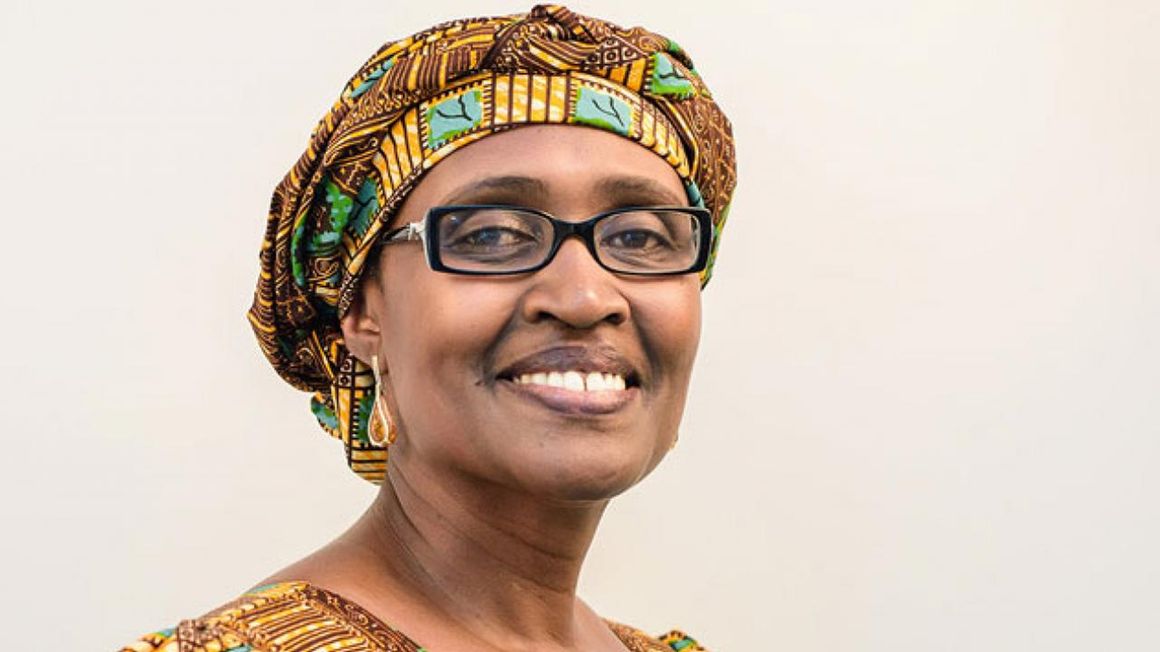
Winnie Byanyima, a Ugandan, took the helm of UNAids as its executive director in August 2019.
She was the only woman shortlisted for the position and was chosen over four other candidates: Chris Beyrer, Salim Abdool Karim, Bernard Haufiku, and Sani Aliyu.
Before joining UNAids, Ms Byanyima served as the Executive Director of Oxfam International, a confederation of 20 civil society organisations working in more than 90 countries worldwide, empowering people to create a future that is secure, just and free from poverty.
Ms Byanyima was elected for three terms and served 11 years in the parliament of her country, Uganda. She led Uganda’s first parliamentary women’s caucus, championing ground-breaking gender equality provisions in the county’s 1995 post-conflict constitution.
Ms Byanyima led the establishment of the African Union Commission’s Directorate of Gender and Development and also served as Director of Gender and Development at the United Nations Development Programme. She founded the Forum for Women in Democracy, an influential Ugandan non-governmental organisation, and has been deeply involved in building global and African coalitions on social justice issues. A global leader on inequality, Ms Byanyima has co-chaired the World Economic Forum and served on the World Bank’s Advisory Council on Gender and Development, the International Labour Organisation’s Global Commission on the Future of Work and the Global Commission on Adaptation.
Inger Andersen – Executive Director UN Environment Programme
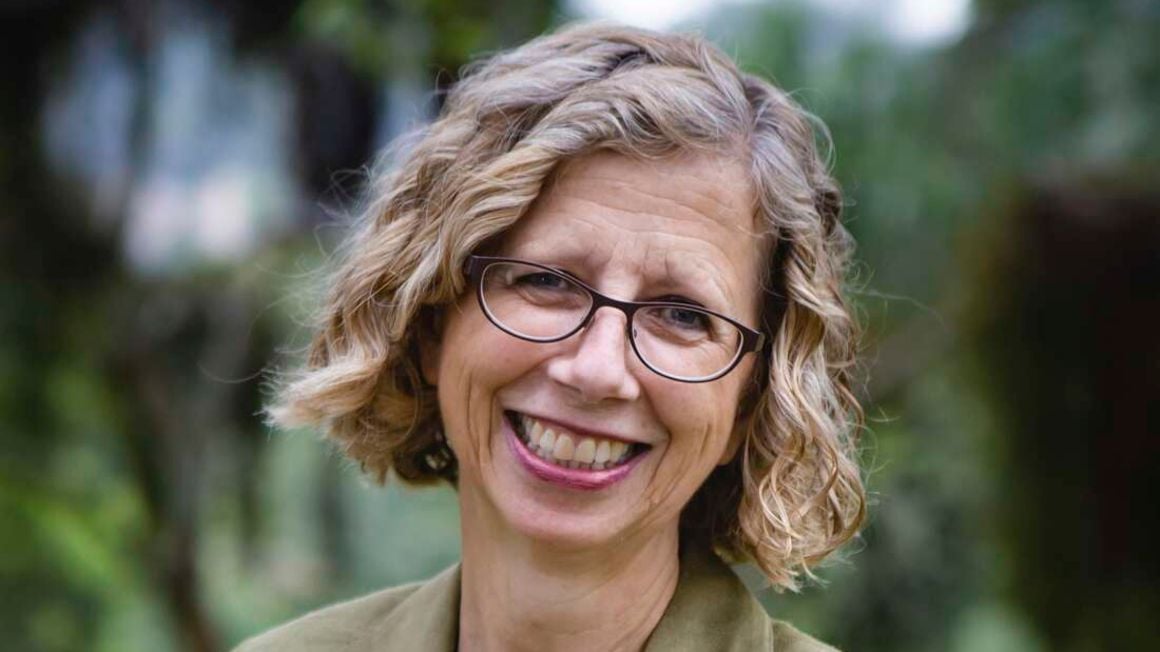
Inger Andersen took over as the head of Nairobi-based UN environment programme (Unep) in June 2019, after the former head, Erik Solheim, resigned amid an outcry over his huge travel expenses.
Unep provides science and policy guidance in areas such as climate change, biodiversity, and pollution.
Ms Andersen’s nomination comes amid a push by United Nations Secretary General Antonio Guterres to appoint more women to senior UN posts.
Kristalina Georgieva –IMF Managing Director
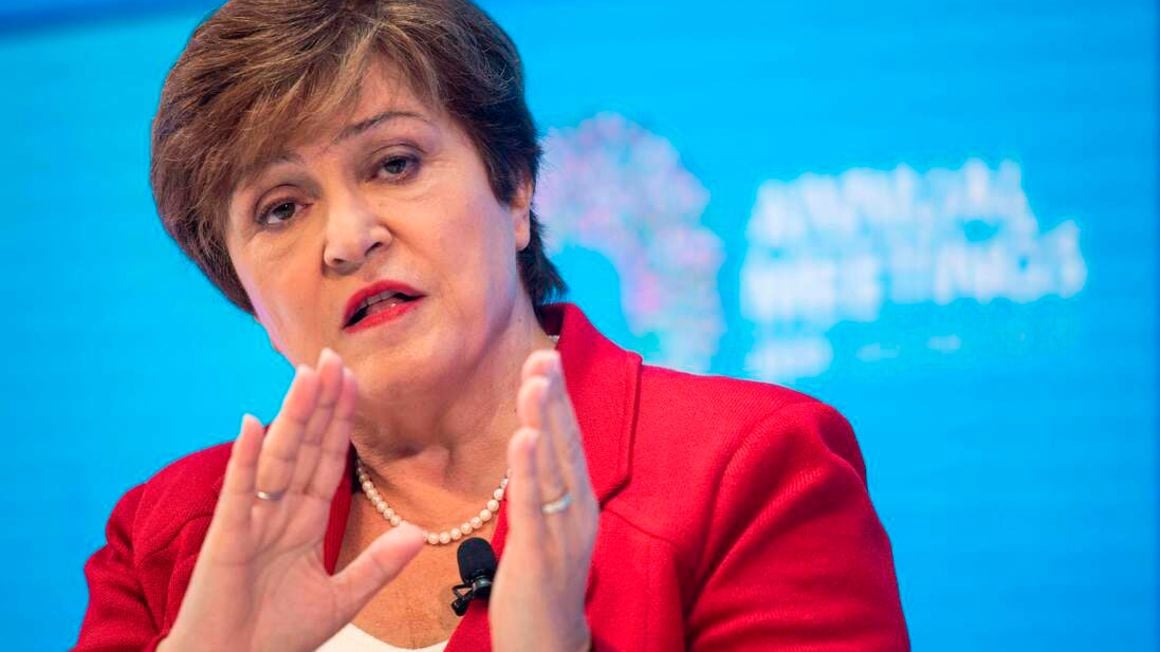
Kristalina Georgieva took lead at International Monetary Fund in 2019.
This is after European countries had struggled to reach a consensus on who would fill the post, one of the most prominent in global economic diplomacy.
The IMF chief has been very vocal in issues pertaining inequality.
“Inequality of opportunity. Inequality across generations. Inequality between women and men. And, of course, inequality of income and wealth. They are all present in our societies and – unfortunately – in many countries they are growing,” said the IMF boss in a blog.
Henrietta H. Fore –Unicef Executive Director
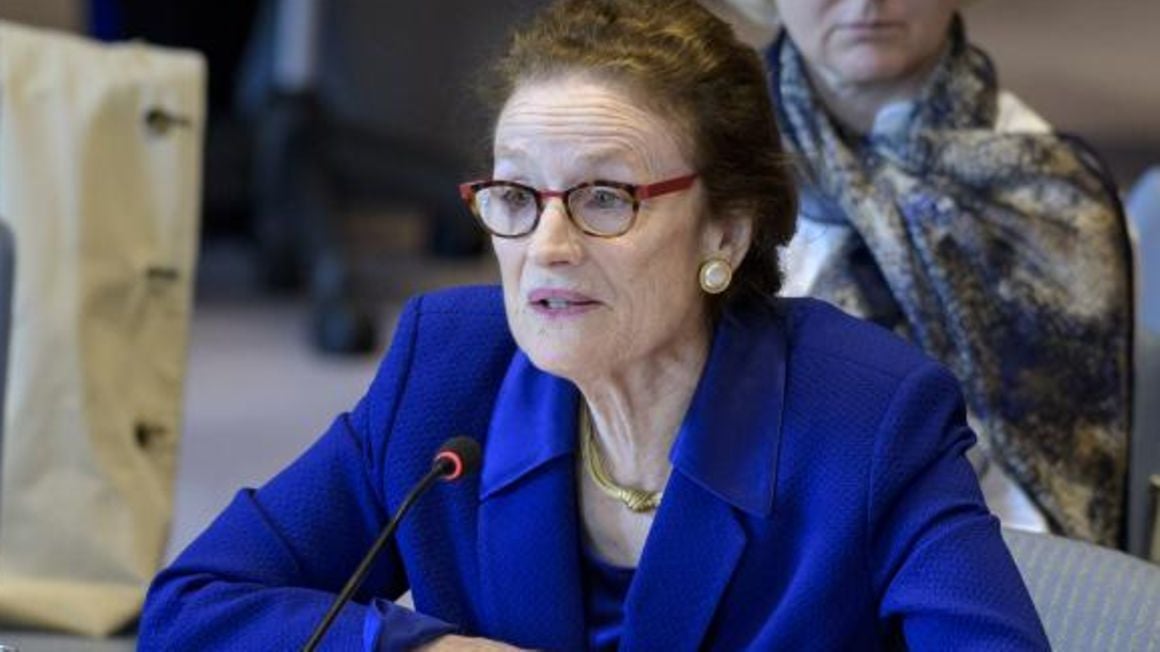
Since January 2018, Henrietta has the held the position of executive director at United Nations Children’s Fund (Unicef).
From 2007 to 2009, Ms Fore served as the administrator of the US Agency for International Development (USAID) and Director of United States Foreign Assistance. Being the first woman to serve in these roles, she was responsible for managing $39.5 billion of US foreign assistance annually, including support to peoples and countries recovering from disaster and building their futures economically, politically and socially.
Mizutori Mami- United Nations Office for Disaster Risk Reduction boss
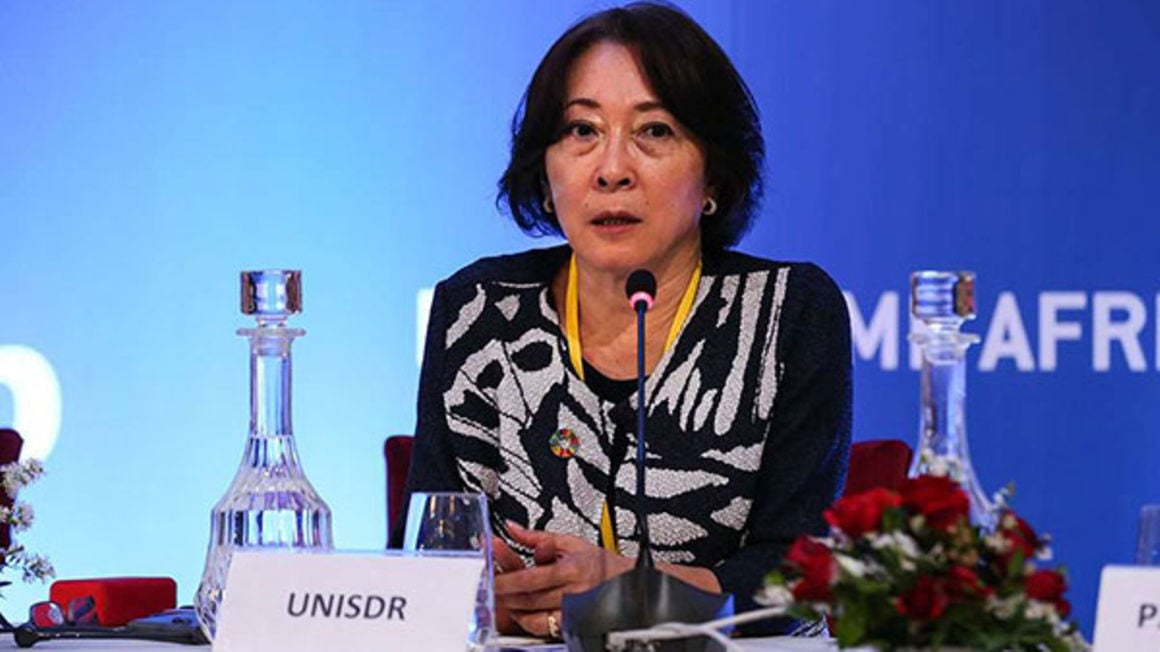
Mami Mizutori is the Special Representative of the United Nations Secretary-General (SRSG) for Disaster Risk Reduction, and head of the United Nations Office for Disaster Risk Reduction, based in Geneva, Switzerland. She assumed her role in March 2018.
Kelly T. Clements – United Nations Deputy High Commissioner for Refugees
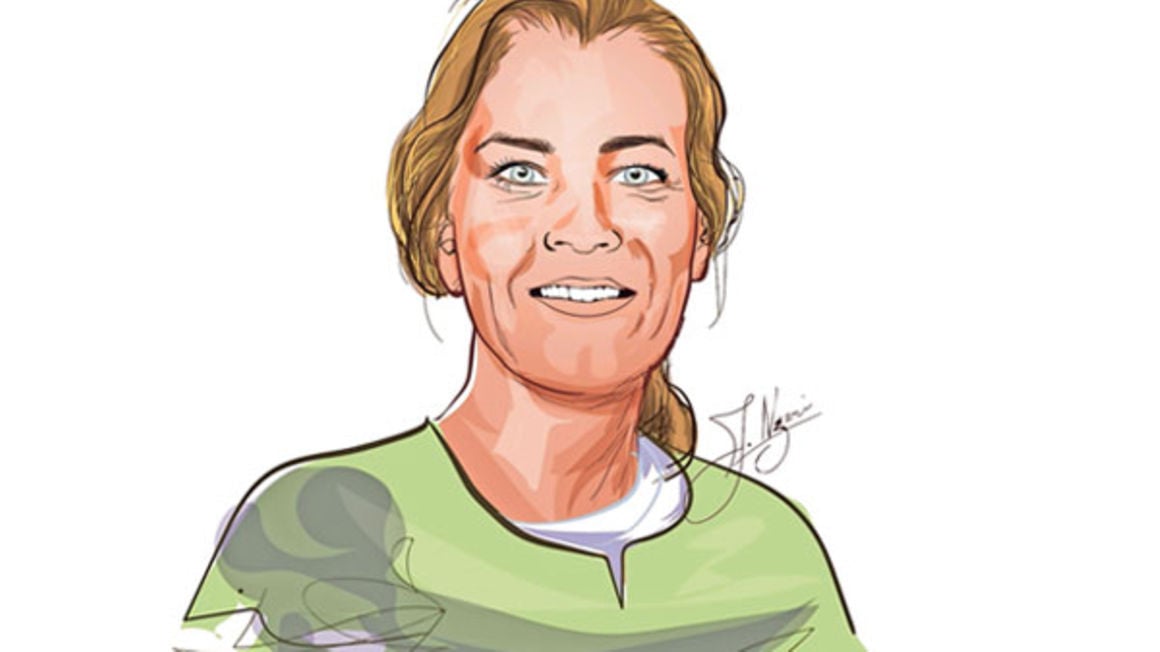
Kelly T. Clements joined UNHCR as Deputy High Commissioner on July 6, 2015. Ms Clements has been closely involved with refugee and displacement issues throughout her three decade career.
Before joining UNHCR, Ms Clements was a member of the Senior Executive Service, serving as Deputy Assistant Secretary of State in the Bureau of Population, Refugees, and Migration (PRM) where she was responsible for humanitarian issues in Asia and the Middle East and global policy and budget. In 2014, she was Acting Deputy Chief of Mission at the US Embassy in Beirut, Lebanon.
From 1993 to 1996, Ms Clements served at the US Permanent Mission to the United Nations in Geneva, Switzerland on a Foreign Service appointment. She was Special Assistant to the Under Secretary of State for Global Affairs in 1997-1998. She served as a Senior Emergency Officer for Europe, the Newly Independent States, and the Americas, and later as Balkans Assistance Coordinator; she was deployed to Albania in 1999. She worked for the Office of the UN High Commissioner for Refugees in Bangladesh in 1992.
Maimunah Mohd Sharif –UN Habitat Executive Director

Maimunah Mohd Sharif from Malaysia, is the Executive Director of the United Nations Human Settlements Programme (UN-Habitat). She assumed to the Nairobi-based programme in 2018.
Prior to this appointment, Ms Sharif was the Mayor of the City Council of Penang Island, Malaysia. In 2011, she became the first woman to be appointed President of the Municipal Council of Seberang Perai.
“During my time as a Mayor of Seberang Perai and later Penang, Malaysia, I was afforded the opportunities to witness, address, and try to resolve first hand, urban challenges faced by cities and their communities. Rather than being discouraged, these challenges were opportunities to ensure inclusivity and public participation and address the concerns of all citizens. Today, in Nairobi, my new home, I am sometimes overwhelmed at the tasks before us. Moving from local and national to global is no easy task; I am fully committed to giving it my all,” said Ms Maimunah.
Credit: Source link